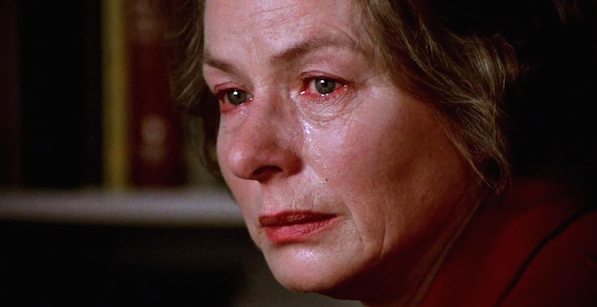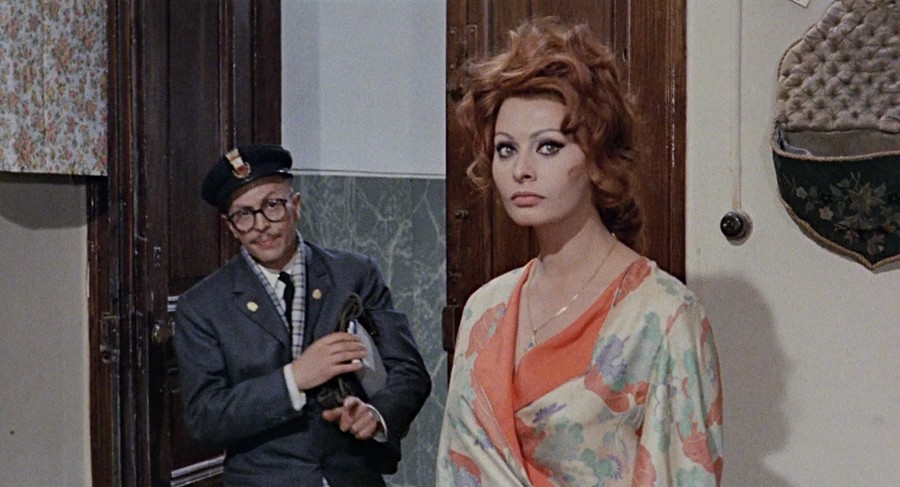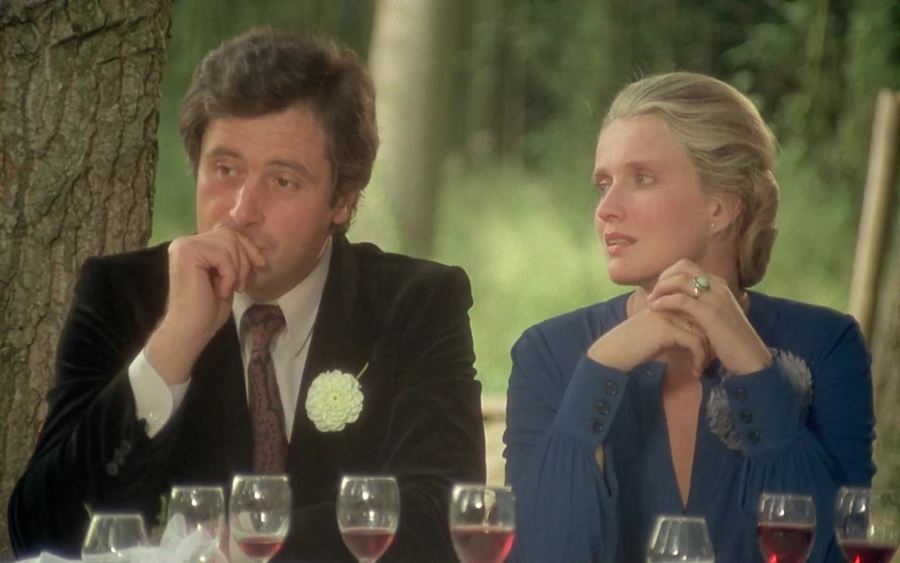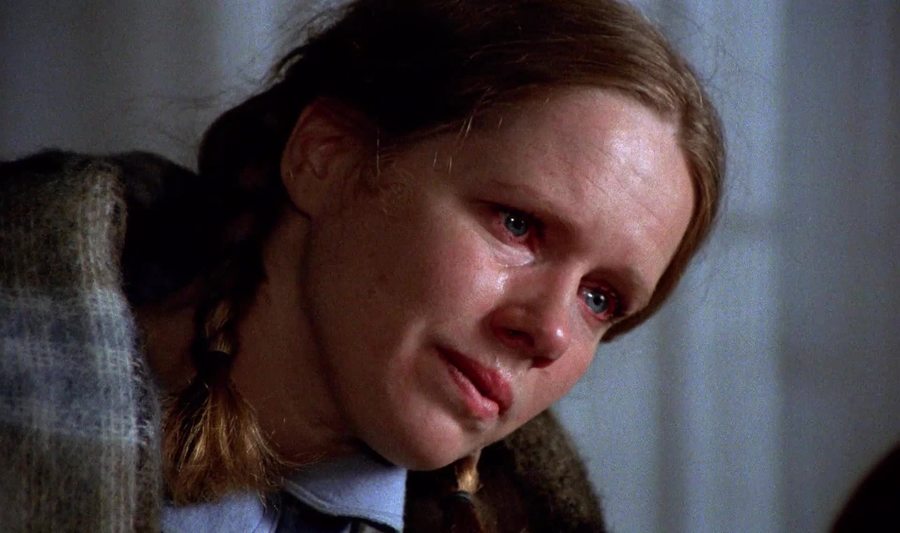It’s been generally groused that this year’s Best Actress Oscar nominees are an uninspiring lot that reflect a weak year for women’s screen roles in general. (Nevertheless, Oscar might have looked farther afield to the likes of the Chilean Gloria and Romanian Child’s Pose, both of which arguably offer roles and performances more striking than any of the nominees.) It’s a reasonable complaint. But then, when isn’t it a bad year for women onscreen, comparatively speaking?
Let’s face it, Hollywood hasn’t been in the business of making movies principally for and about women for at least seven decades. Sure, a few slip through the cracks every year, whether it’s a starry ensemble piece like The Help, a role-reversal genre film like Lucy, or the usual romantic comedies offered as a sop to an audience otherwise mostly asked to accept primarily male-targeted entertainments and like it. But things were very different in the medium’s first half-century, when the major studios custom-tailored vehicles for stars from silent greats Mary Pickford and Gloria Swanson to Garbo, Dietrich, Barbara Stanwyck, Bette Davis, Joan Crawford and little Shirley Temple, too. Their male co-stars were, for the most part, interchangeable; those powerhouse dames could command any script, let alone the box-office, on their own.
After World War II, however, the stature of the female big-screen superstar began to decline—perhaps in part because that usurping new medium, television, stole part of her power by offering free female-targeted melodrama in the form of soap operas. Nevertheless, it wasn’t until the very late date of 1961 that things got so bad Oscar actually had to nominate an actress in a foreign-language movie. (Melina Mercouri was nominated the prior year for Never on Sunday, but that Greek feature by her Greek-American emigre husband Jules Dassin was largely in English, and aimed primarily at English-speaking audiences.)
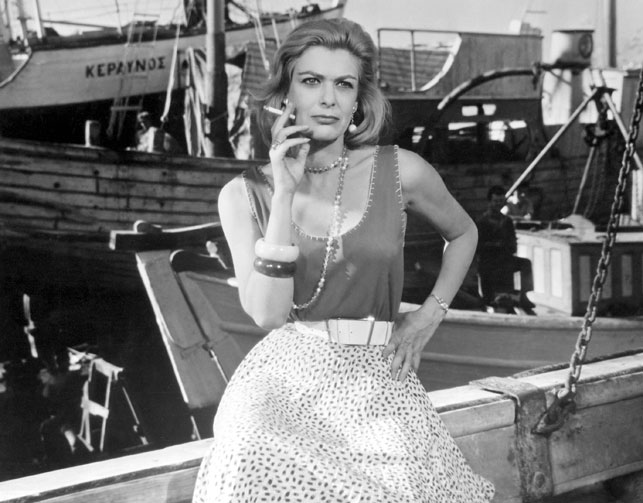
Until then, foreign-born actresses (like Garbo or Ingrid Bergman) in American films and numerous English actresses in U.K. ones had been nominated often enough. But Sophia Loren in Vittorio De Sica’s stark war-crimes drama Two Women was the first leading actress to get the nod (and the actual prize, as it turned out) for working in another language. Four years later she was in the running again, for a more typical vehicle: The same director’s Marriage Italian Style, as a reformed woman of ill repute who goes on a tear when her lover Marcello Mastroianni decides to marry a more “respectable” lady. It showed off this ageless Italian glamazon in her most flattering mode of being both sexy and funny.
The sixties were a big decade for British Best Actress nominees, reflecting England’s voguish cultural impact during that decade. (Nor have they gone out of favor since, as witnessed by frequent Oscar favorites Emma Thompson, Kate Winslet, Emily Watson, Helen Mirren, Judi Dench, et al.) In the seventies, however, Oscar got more aggressively international. 1975 saw the first nomination for France’s Isabelle Adjani in her star-making role as Victor Hugo’s romantically obsessed daughter in Francois Truffaut’s The Story of Adele H. The next year had two foreign-language nominees. One was, incredibly, the only such leading-role nod for Liv Ullmann, playing a psychiatrist who loses her mind in mentor Ingmar Bergman’s Swedish Face to Face. By contrast with that harrowing turn, the other was one of those times that Oscar rewards and recognizes sheer charm: Marie-Christine Barrault was utterly disarming as a woman trying not to fall in mutual love with her likewise-married cousin in Cousin, cousine, a hit romantic comedy as light, tasty and certifiably French as a soufflé.
The next actress to be nominated for a non-English-language movie had already won three Oscars (the last a supporting one, for 1974’s Murder on the Orient Express) for roles in her second language. But it could not be denied when, after four decades abroad, she returned to her native Sweden to work with Ullman and Bergman on Autumn Sonata. She played an imperious concert pianist who herself returns home after decades to retire, expecting to be greeted as a national treasure by all. Little does she suspect that the mousy daughter she’s treated like some cross between an afterthought and a personal servant all this time is looking forward to welcoming mom with a life’s worth of pent-up resentments. Building slowly to its emotionally eviscerating confrontations, Sonata is an unabashed histrionic showcase for two remarkable performers at the top of their game.
In the last quarter-century, Oscar has nominated numerous French actresses (Adjani again, Catherine Deneuve, Juliette Binoche, Emmanuelle Riva), and awarded one: For her 2007 turn as chanteuse Edith Piaf, Marion Cotilliard, who’s also in the running this year as a woman desperately trying to hang onto her job in the Dardenne brothers’ Two Days, One Night. There’s also been Fernanda Montenegro as the cranky ex-schoolteacher working at Rio de Janeiro’s Central Station, Catalina Sandino Moreno as the reluctant Colombian drug runner in Maria Full of Grace, and Penelope Cruz as the world’s most smokin’ figure of maternal self-sacrifice in Pedro Almodóvar’s Spanish Volver.
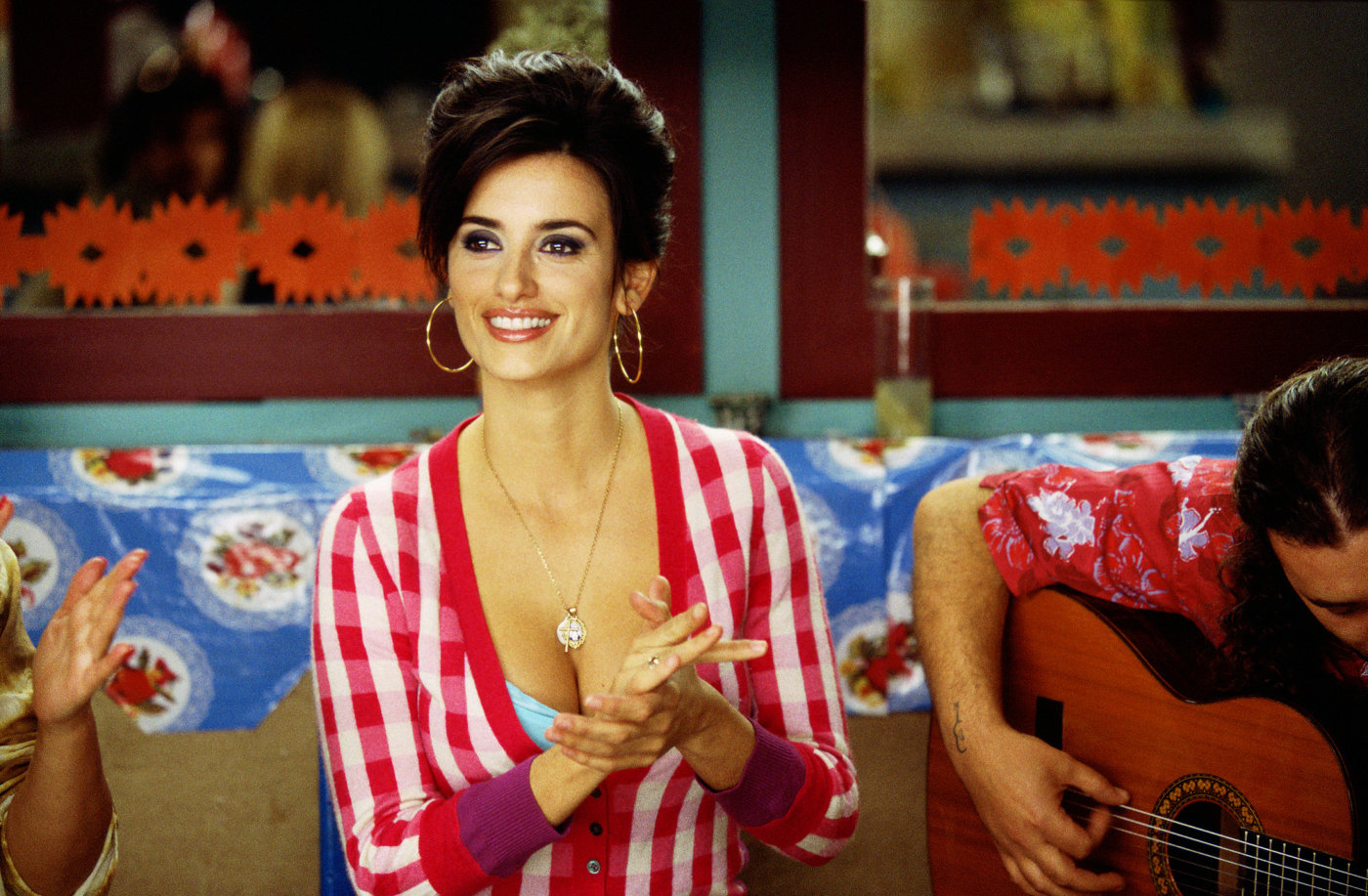
No doubt the future will hold still more global diversity in this category, if only because a snowball is likely to flourish in Hell before Hollywood’s general indifference towards women-driven movies reverses itself. If that isn’t already evident enough, think about some of the lengths the Academy has gone to fill those five annual slots: Handing the Golden Guy over to actresses who’ve stretched slightly after making a whole pile of money for the industry (i.e. Julia Roberts, Sandra Bullock); giving statuettes to performers in what by any reasonable standard should be considered supporting roles (Louise Fletcher in One Flew Over the Cuckoo’s Nest, Reese Witherspoon in Walk the Line); nominating turns in movies no one saw then, and no one has thought about since (Blue Sky, Albert Nobbs, North Country). Not to mention putting Meryl Streep in the race no matter what hunk o’ junk she’s been in, just cuz. For god’s sake, the Academy nominated Jodie Foster for Nell, a movie that remains the punchline of many an unkind joke twenty-one years later.
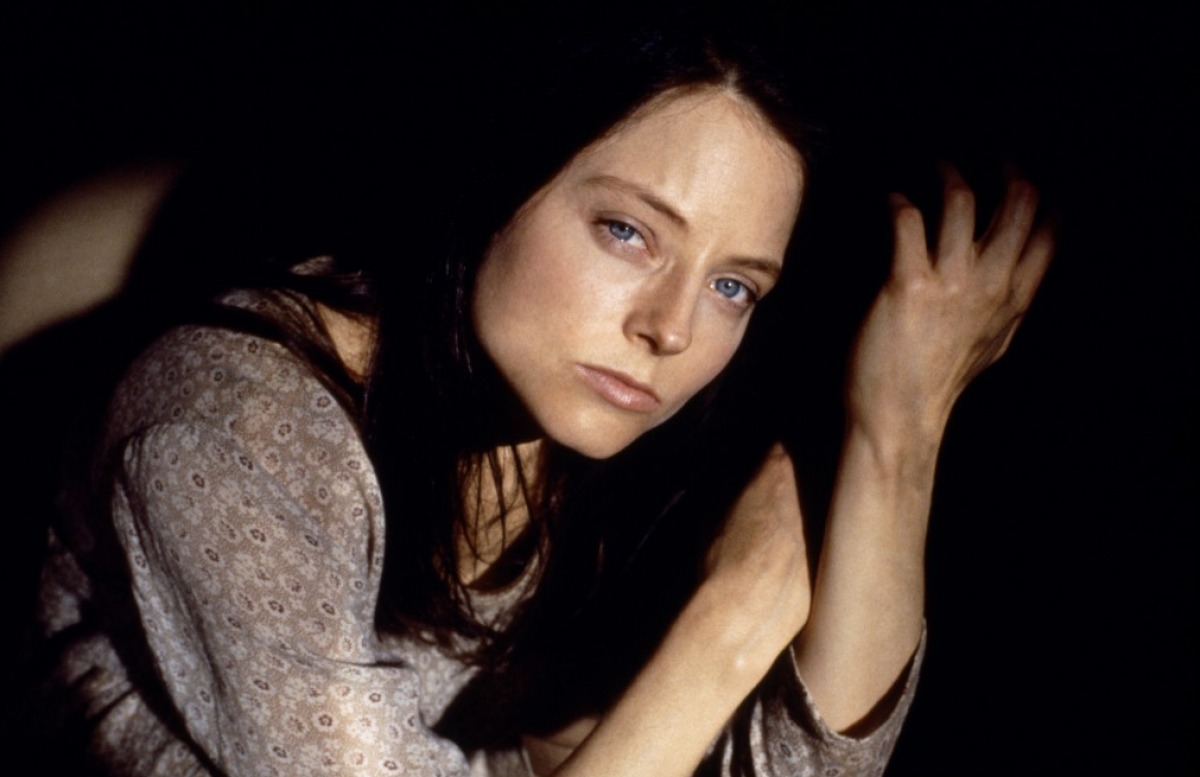
It’s not that there aren’t many, many talented actresses around the world, of course, or indeed a fair number of movies that put them to excellent use each year. But Hollywood makes all too few of those. And so long as that remains the case, foreign actresses will find their Oscar odds increasing. It helps if they’re “merely” English or Australian, but speaking a language other than the Queen’s tongue is no longer the barrier it once was.

